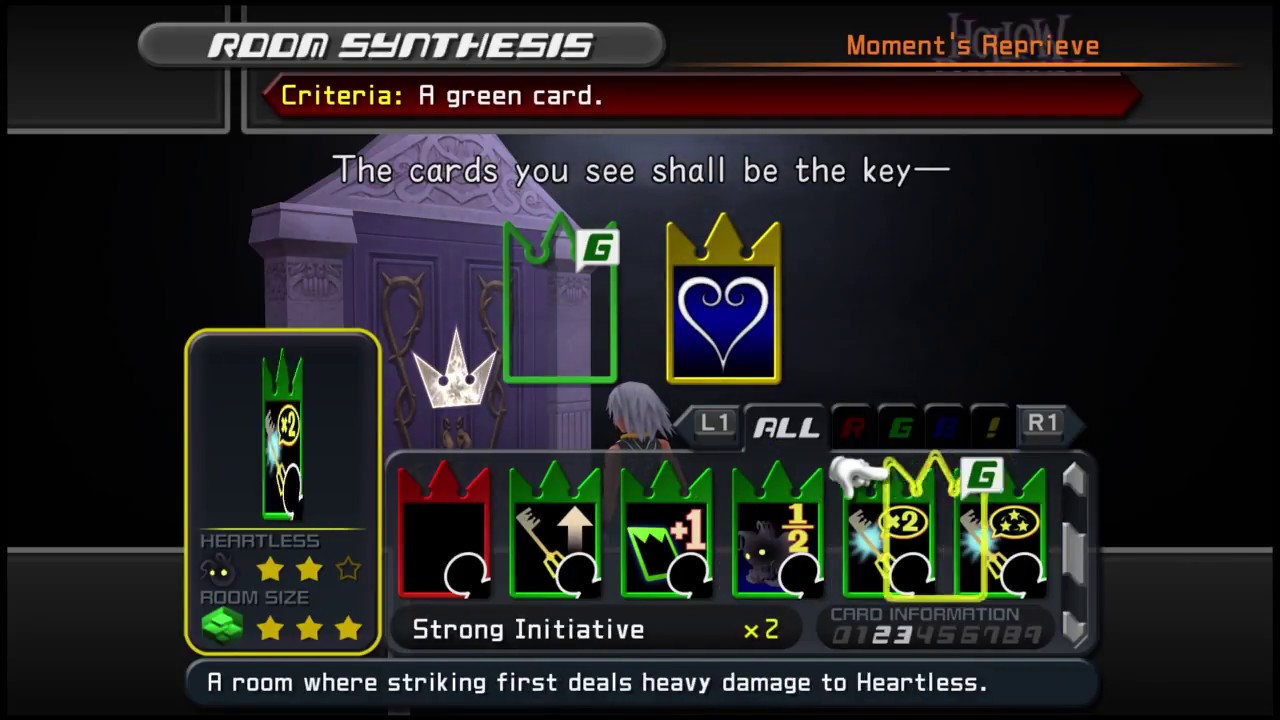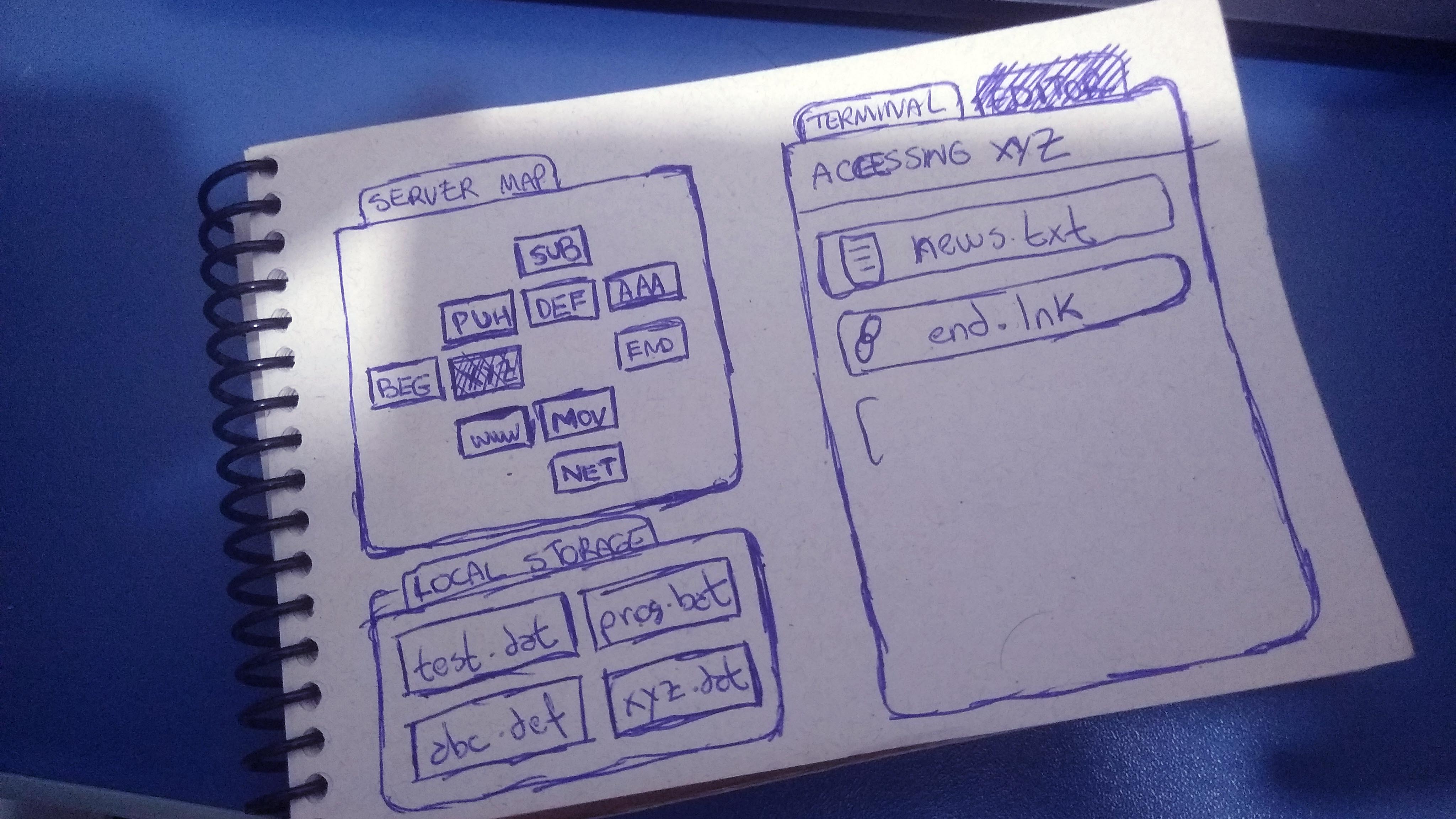the start of a something (almost) new | 001.LOG
Hi! I'm Gabriel Toschi, a web developer, almost a computer scientist and i've been trying to study more game design in the past years. If you are reading this, I was probably able to finish a playable version of Data Dungeons. I am, like the rest of the world should be too if they can, in quarantine because of the COVID-19 pandemic - so, I will try to use my free time to create a game that's been brewing in my mind for 4 or 5 years.
This is the first of a series of devlogs that I will try to write about the development (I'm Brazilian and English isn't my first language, so this is an excuse to me to train more of the "written word"). In this log, my idea is to talk about what's Data Dungeons' original concept and what I will try to make in the first place.
believe in the heart of the cards
The first idea for this game originated in a moment in my life when I was trying to do two things that I never really had done 100%: make a full game using Lua and Löve2D framework and beat Kingdom Hearts: Chain of Memories (the game that no one likes in the anime series that, for some reason, has Disney characters). In the game, the player use cards for literally everything, including fighting enemies and unlocking new worlds.
These mechanics don't work very well most of the times, but one of them always amazed me. All the worlds of the game are floors of a castle, with a pre-determined structure of rooms. However, you use special cards every time you unlock a door to choose what will be inside this specific room. Will it be a room full of enemies? A save point? A shop to buy new cards? A giant room with just one weak enemy because you don't care anymore? You can look at your "room deck" and decide.

My idea is to use this system to create a mix of a giant dungeon crawler and a riddle/puzzle game. You will use cards to unlock new rooms in a cyberpunk DOS-like dungeon - the card you choose will determine the riddle that you have to pass to progress. Some of them are "key puzzles" and the player needs to beat them to get clues to solve a puzzle to unlock the next world.
In my mind, this was a great idea! But, to really make this, I would have to plan a big game, with a lot of puzzles that would not be solved in a playthrough. After all, even now that I reduced the scope, I don't know if i will manage to make something playable. So, I changed the inspiration and started working in a new idea for Data Dungeons.
(A unimportant note: all that I made for the old project in Löve2D was a grid that I can move in using the arrow keys. I lost all the code.)
let's start small
No more Kingdom Hearts card-dynamic dungeons, I would to make something more traditional: The Legend of Zelda-like dungeons. A couple of months ago, I rewatched the Boss Keys 1st season, a YouTube series by jornalist Mark Brown about the dungeon design in Zelda, and that inspired me to try something like that.
You have to explore a "cyberpunk dungeon" in a computer system, visiting Servers (that acts like the rooms in the map). Every server will have some files that you can interact with: the Text Files are clues to solve puzzles, the Programs are the puzzles/riddles themselves and the Port Links are special files that you can use to access another server - that is, move to another room in the "dungeon". I will create a Local Storage area in the interface to save the Text Files that the player encounters. In the last Server the player will find the Master Program, that has to be broken by solving a harder puzzle, using clues gathered through the dungeon.

The idea of keys and locks from Zelda will be implemented when the player interacts with the Programs. When one Program is solved, it can unlock in the Server a new file, like a Text File to help in another puzzle or a new Port Link, "opening a door" in the dungeon.
With this idea, I don't need to create a massive content game because, in theory, the dungeons don't need to interact with each other - I will just try to make the first one and see where it goes. As a web developer, I will probably make it as a browser-based game, using Angular or another mainstream framework with a simple interface (and CSS styles). It's a good idea, after all.
booting the system
To start, I want to visualize the interface and determine what I have to code, so, my first step will be making a mockup (or a better version of the drafts that illustrated the post) for the main screen of the game and the four main components: the Server Map, the Local Storage, the Explorer (to access the files) and a Program interface (to interact with them).
Wish me luck! (i'm saying this to myself here)
Toschi
Leave a comment
Log in with itch.io to leave a comment.